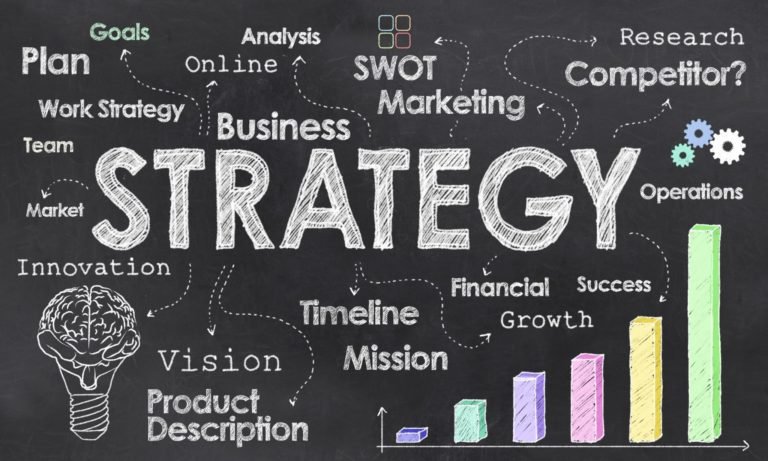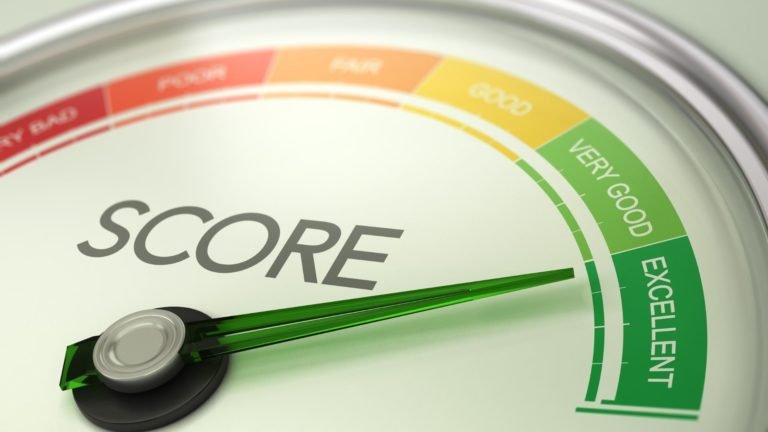Leveraging Data Science to Address Poverty and Inequality in Mumbai
Data Science in Government and Non-Profit Sectors: Bridging the Gap
In the business world, data science is increasingly frequently linked to efficiency and informed decision-making. However, the nonprofit and public sectors have been slower to adopt it. Despite their admirable intentions, these sectors’ organizations usually lack the resources and expertise necessary to apply data science effectively. This illustrates the enormous opportunity that data science has to improve society when applied correctly by data scientists and organizations that have the required personnel, funds, and experience.
The World’s Issues with Food Waste and Hunger
Given that over 800 million people lack access to food on a daily basis and that thirty percent of the food produced for human use is wasted yearly, addressing food scarcity and waste has gained significant global importance. In India, where over half of women of reproductive age suffer from anemia and 14% of the overall population is undernourished, the issue is especially serious.
Applying Data Science to Solve Challenging Issues
In the modern world, where food waste and hunger remain pressing issues, data science and analytics provide a glimmer of hope. By employing advanced analytics techniques to decrease post-harvest losses, organizations can feed a billion more people. This article looks at data scientists and their potential to address these problems, promote gender equality, assist the Sustainable Development Goals, and reduce educational disparities brought on by economic injustices.
Precision Farming: A Focused Method for Producing Food
Big data analytics combined with precision agriculture offers a viable way to minimize food waste and end hunger. Precision agriculture is different from traditional farming methods in that it takes a field-by-field approach, observing and analyzing the unique requirements of particular fields and crops. Farmers may optimize resource allocation and maximize production by customizing treatments like fertilizer, irrigation, and pest control by utilizing data insights.
Cutting Down on Post-Harvest Losses using Data Insights
A large amount of the food waste that occurs worldwide is caused by post-harvest losses. The application of analytics and data science presents a chance to pinpoint supply chain inefficiencies and carry out focused interventions to lower losses. Through data analysis on market demand, storage conditions, and transportation, businesses may optimize distribution and logistics, guaranteeing that food is efficiently distributed to those who require it.
In accordance with the Sustainable Development Goals
The UN SDGs, especially Goal 2: Zero Hunger, are closely aligned with these projects. Organizations can use data scientist courses and may help end hunger, achieve food security, improve nutrition, and advance sustainable agriculture by utilizing data science towards social impact. In addition to addressing current issues with food security, data-driven solutions such as data science courses in Mumbai set the stage for sustainable production and distribution of food over the long run.
Quickening the Pace for Gender Equality
Despite international efforts, reaching gender parity is still predicted to take decades, making gender equality a tough undertaking. But analytics and data science provide a promising method to advance this important field more quickly. Data-driven efforts have the potential to significantly impact gender equality by identifying and eradicating gender biases inside firms, supporting diverse workforce recruiting, forecasting employee behavior, and building equitable compensation systems.
Using Predictive Analytics to Make Well-Informed Decisions
Organizations may estimate employee behavior with the help of predictive analytics, which makes it possible to support programs that improve workplace experiences and advance diversity. Machine learning algorithms are able to detect patterns linked to gender inequality by evaluating past data. This allows for the proactive resolution of systemic problems and the promotion of a more equal workplace.
Reducing Economic Inequalities via Education
Economic divides and unequal access to education could be closed with the use of data science and analytics. Data-driven efforts can reduce school dropout rates and guarantee fair access to high-quality education through recognizing economically disadvantaged kids and offering financial help and support services.
Particularized Approaches for All-Inclusive Educational Settings
When educational institutions use data science methods, it becomes possible to identify pupils who are struggling because of financial limitations or learning difficulties. Schools can provide targeted interventions, including academic support, mentorship programs, and scholarships, to empower kids from underprivileged neighborhoods and create inclusive learning environments by utilizing data analytics.
Working Together to Reach the Sustainable Development Goals
Analysis and data science must be accepted as essential instruments for social good if the SDGs by 2030 are to be met. A wide range of projects and activities at the nexus of data science and social impact require cooperation between colleges and universities, charitable organizations, government agencies, and corporations. Stakeholders can create comprehensive strategies that successfully solve difficult societal issues by combining their resources and expertise.
Increasing Knowledge and Giving the Next Generation More Power
Educating the next batch of data scientists is essential to advancing nonprofit endeavors and creating data-driven solutions that improve communities all around the world. Educational establishments can foster multidisciplinary collaboration and incorporate social impact courses throughout data science courses in order to provide students with the necessary skills and mentality to tackle intricate societal issues by utilizing data-driven methodologies.
Using Data Science towards Social Benefit
To sum up, data science presents enormous promise for tackling the intricate issues of famine and food waste. By utilizing data-driven management of supply chains, predictive analytics, and precision agriculture, companies can achieve substantial progress in creating a fair and sustainable food system. We may work toward a future where food resources are used effectively and fairly and no one goes hungry by utilizing data science towards social benefit.
The fields of data science and analytics have great promise to promote sustainable development and good change in a number of areas, particularly gender equality and educational opportunities. We can rapidly get closer to accomplishing the SDGs and creating a more just and inclusive society for all by utilizing predictive analytics, focused interventions, and cooperative efforts. As we persist in utilizing data science for societal benefit, let us endeavor to establish a future in which insights derived from data have significant effects and enable people and communities to prosper.
Business Name: ExcelR- Data Science, Data Analytics, Business Analyst Course Training Mumbai
Address: Unit no. 302, 03rd Floor, Ashok Premises, Old Nagardas Rd, Nicolas Wadi Rd, Mogra Village, Gundavali Gaothan, Andheri E, Mumbai, Maharashtra 400069
Phone: 09108238354, Email: enquiry@excelr.com







